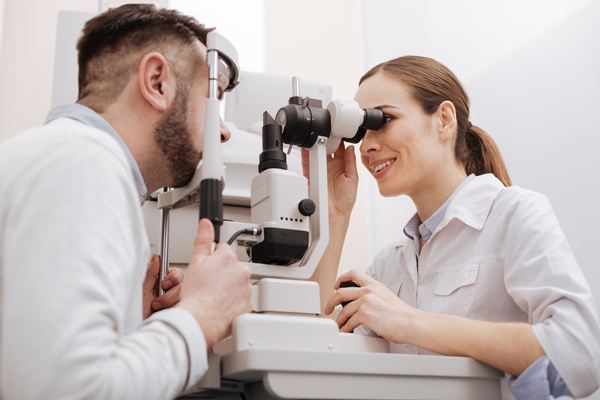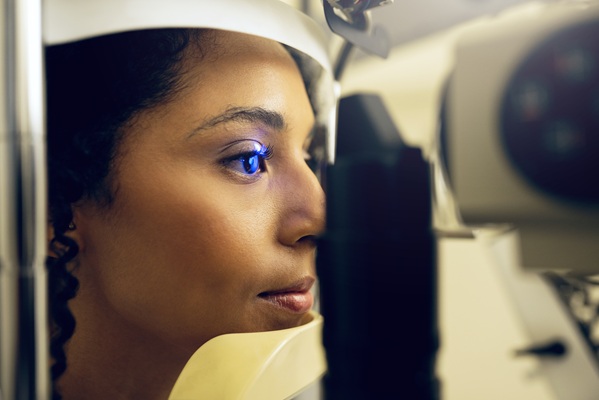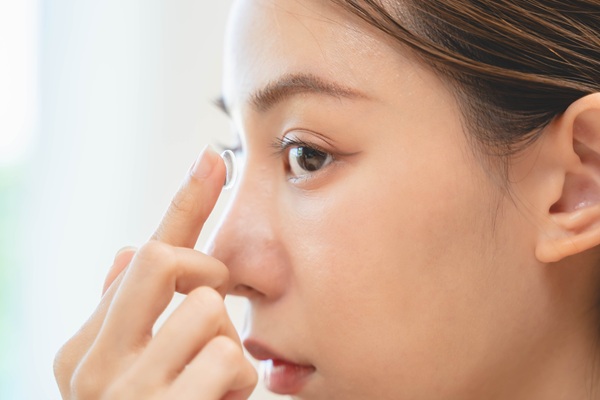What to Expect During an Exam With an Eye Doctor

Undergoing regular exams with an eye doctor is important for everyone. However, it is especially necessary for patients who struggle with their vision or for those who suffer from eye conditions. These exams allow the eye doctor to take the necessary steps to ensure that the patient maintains good eye health.
Knowing what to expect from an eye exam can be helpful for patients preparing for their visit. This article outlines a few important things to take note of.
What to expect during an exam with an eye doctor
Outlined below is some information on what to expect from an eye examination. Keep reading to find out more!
Medical history review
If and when a patient is undergoing a first-time consultation with an eye doctor, they should expect to have their medical history reviewed. It is important for the eye doctor to be aware of any medical conditions that may have an effect on the patient’s eye health. Even patients who have seen their eye doctor regularly should expect some sort of review every once in a while to go over any external health problems.
Visual acuity test
A visual acuity test is typically something that is performed by the eye doctor during the visit. This test is used to determine how well the patient can see. Most visual acuity tests involve the eye doctor screening the patient’s eyes using a machine or even a traditional sign that has a combination of letters and numbers on it. The visual acuity test will allow the optometrist to make a decision as to whether or not a prescription for glasses or contacts may be necessary.
Eye pressure test
Another common thing to expect from an eye exam is a test to measure pressure in the eye. This test is also referred to as tonometry. The eye doctor will provide the patient with an eye numbing agent so that the patient is not able to feel any discomfort. A tonometer is then used to measure the inner pressure of the eye.
Any increased amount of pressure within the inner eye may indicate a serious eye condition that should not go ignored. The tonometry test can help detect the condition so that treatment can begin right away.
Prescription
The last part of most exams is for the eye doctor to determine whether or not any prescriptions are necessary. Some patients may need prescription glasses or contacts so that they can better see. Other prescriptions may be necessary such as eye drops or medications to treat any conditions within the eye.
Get started today!
If you have questions or concerns about visiting an eye doctor for an exam, then reach out to our office so that we can better assist you. Our team can go over your eye health to ensure that you are in good shape. Give us a call or stop by today, we are here to help!
Request an appointment here: https://www.texasoptical.net or call Texas Optical at (214) 771-7333 for an appointment in our Dallas office.
Check out what others are saying about our services on Yelp: Read our Yelp reviews.
Recent Posts
For those living with diabetes, undergoing a diabetic eye exam is one of the most important steps in protecting their vision and overall eye health. High blood sugar levels can lead to a range of complications, including conditions that damage the eyes over time. These exams help detect these issues before they become serious, allowing…
Contact lenses provide clear vision and convenience for individuals who prefer an alternative to eyeglasses. However, proper care and maintenance are essential to prevent infections, irritation, and eye damage. Neglecting hygiene practices can lead to serious eye conditions, including corneal ulcers and keratitis. Understanding how to clean, store, and handle contact lenses ensures long-term eye…
Maintaining eye health and preventing long-term issues is the result of consistent and quality vision care. Many people focus on overall wellness but may overlook daily habits that support healthy eyesight. However, taking simple steps each day can protect vision, reduce eye strain, and prevent future complications. By making eye health a priority, it is…
Prescription contacts provide vision correction, comfort, and convenience for those who do not want to wear glasses. However, caring for and wearing contacts takes some getting used to. Learning to insert, remove, and maintain them will help ensure a comfortable and safe experience.Not all contact lenses are the same, and choosing the right pair is…


